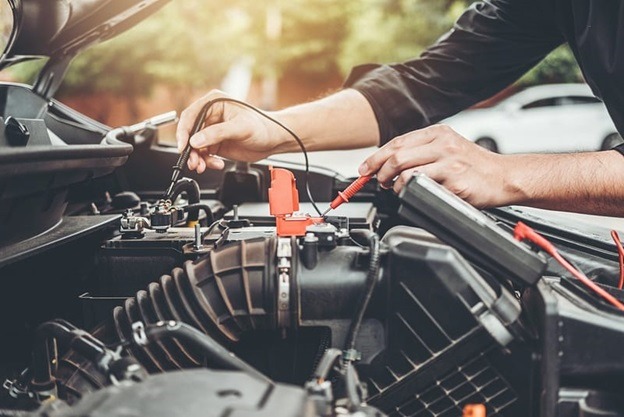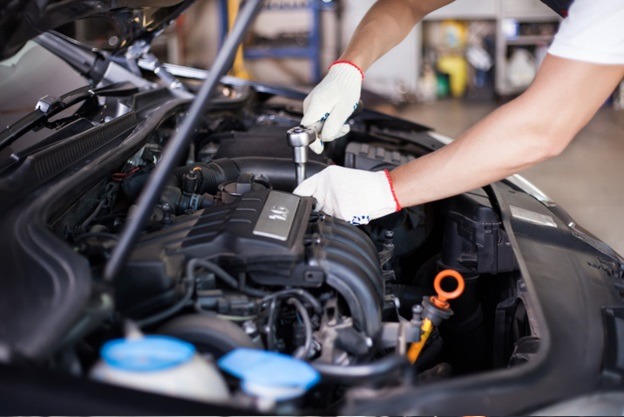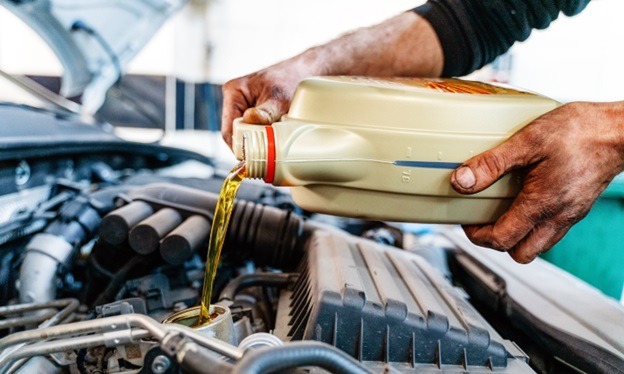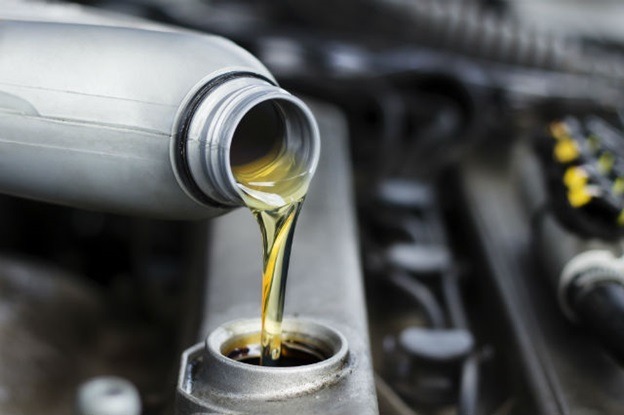When it comes to car repair and upkeep, it may sometimes be challenging to distinguish between reality and fiction. Misinformation regarding specific procedures or maintenance advice for cars appears to circulate everywhere, yet these misconceptions are rarely supported by data or industry knowledge. We want to look at the common fallacies around vehicle maintenance and repair to help clear things up and ensure you’re taking the best possible care of your car. That way, when the time comes for an oil change or spark plug replacement, you’ll know precisely how to go! If you’re seeking resources that will provide you with trustworthy knowledge on maintaining your vehicle, whether on a relaxing Sunday drive or a long-distance road trip, continue reading.
1. Don’t Change The Oil Until It Becomes Black
If your car’s oil becomes black, you should change it. Contrary to common opinion, whether you need an oil change is not based on the color of your engine oil. Every 3,000 miles or every six months, whichever comes first, is when most experts advise having your oil changed. Not the oil’s color will indicate if it has to be changed; rather, it will depend on how old and how much it has been used. Because the oil is now dark, it has to be replaced because it has gotten polluted. Also, the amount of engine oil you use, along with the brand and model of your car, might affect how frequently you change your oil. You may also go to this site for additional information about automobile maintenance and care.
2. You Should Buy The Most Expensive Parts
This is absolutely untrue in the case of auto repair. You might have noticed that certain auto-parts retailers or dealerships have more expensive components available than others. Yet it does not necessarily imply that they are superior or have a longer lifetime. In fact, for half the price, generic components could be equally as effective as name-brand OEM components. Be sure you understand what you’re receiving and compare costs based on quality and value before purchasing any auto parts. Also, the more expensive components could not work with your car, so be sure compatibility is confirmed before buying.
3. You Should Replace Parts At Regular Intervals
This myth could lead you astray. Your car’s brand and model will determine whether you need to replace specific parts more frequently than others or at intervals that are different from those required for other cars. For instance, some vehicles advise that spark plugs last up to 10 years, while others may advise replacing them every two years or 60,000 kilometers. Before changing parts, make sure to consult the handbook for your make and model to get a precise timeframe for when they should really be changed. Also, the mythical 10,000 mile oil change interval is also untrue; depending on the model, the oil may need to be changed considerably sooner.
4. You Can’t Work On Cars Without Special Tools
The fact is that you can actually fix a lot of cars yourself using simple equipment like an adjustable wrench, a set of screwdrivers, and a socket set. They ought to be adequate if you only need to make simple alterations or repairs to your automobile. Of course, for more complex chores, specialized instruments may be needed, such as a torque wrench, fuel pressure gauge, or specialist sockets, but for routine maintenance, it’s not essential to have complex equipment laying around the garage.
5. Don’t Worry About Maintaining Your Car If You Don’t Drive Much
Regardless of how frequently you drive, you must maintain your vehicle. Automobiles are mechanical devices, and to maintain optimal performance, they need routine maintenance. Inspecting hoses and belts for signs of wear and tear, monitoring tire pressure, changing the oil, and routinely topping off all fluid levels are some of the things that fall under this category. Failure to do so may result in later, more serious issues that may end up costing more to fix than simple periodic maintenance.
6. Changing Oil With Every Fuel Fill-Up
This whole thing is a myth! Although it’s crucial to schedule regular oil changes, it’s not required to replace the oil every time you fill up the tank. Your car’s type, engine size, and how frequently you use it all affect how frequently you should get your oil changed. Many individuals make the error of changing their oil far too frequently, which not only represents a financial blunder but may also cause issues with your engine because of over-oiling.
7. Spark Plug Replacement Should Be Done Annually
When it comes to maintaining and repairing vehicles, this misconception is arguably the most widespread. While spark plugs may occasionally need to be replaced, you are not required to do so annually. How frequently they should be replaced depends on the type of automobile and use; generally speaking, this might range from 10,000 miles to 100,000 miles, depending on the make and model of your car. Your best option if you’re unsure of how frequently they need to be replaced is to speak with an experienced auto repair.
8. Using the Cheapest Oil Possible Is Best
Simply said, this myth is false. Despite the widespread consensus that you don’t need to spend a fortune on oil, you shouldn’t put exceptionally cheap oil in your car either. Low-grade oils have the potential to block filters and harm engines as a result. Always consult your owner’s handbook when deciding on the proper type of oil for your vehicle and choose a product that has received favorable reviews from trade magazines or consumer reports. This will probably cost more than the least expensive choice, but it will eventually keep your engine operating smoothly.
9. Do Not Mix Different Brands Of Engine Oil
To guarantee optimum performance, the motor oil brand or grade your engine’s manufacturer recommends should be stated. This does not imply, though, that combining brands will always be detrimental to your car. Combining multiple brands of oils shouldn’t pose any major problems as long as they are all certified to the same viscosity grade.
Conclusion
In conclusion, the common myths about car maintenance and repair are untrue and should be treated with caution. Please get the most correct advice from your mechanic or auto shop professional if you have any more queries. If you’re unsure about something, always double-check reliable sources rather than relying just on rumors.





